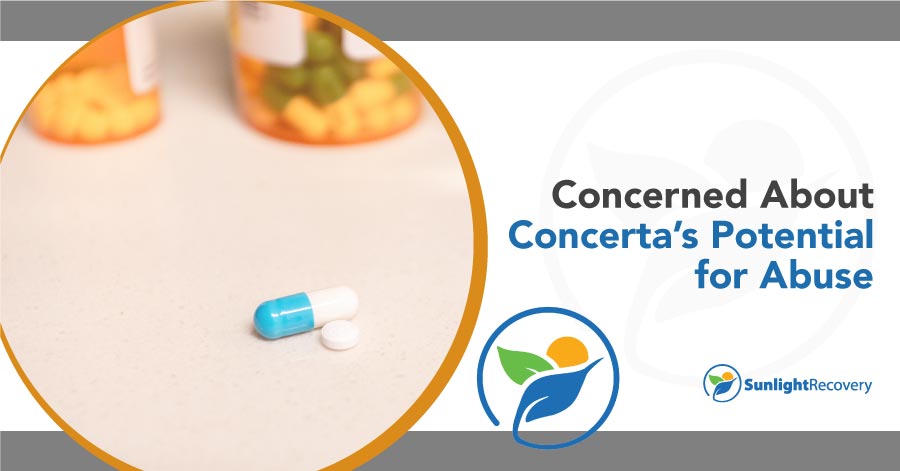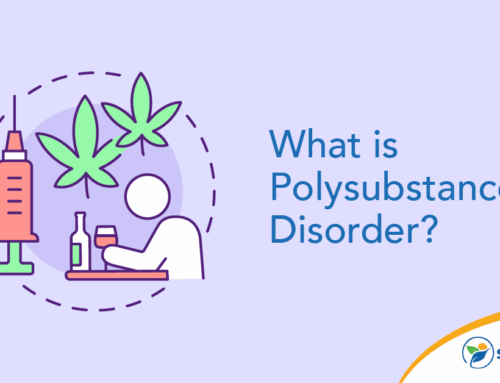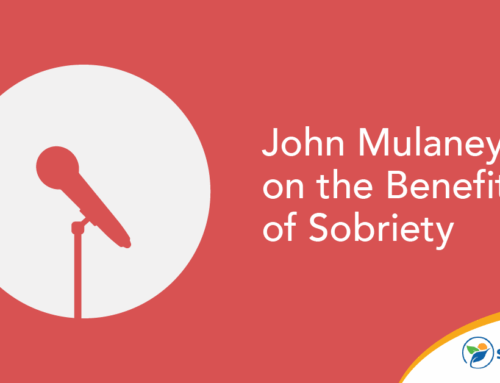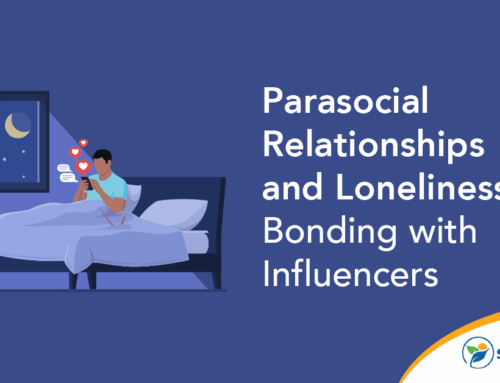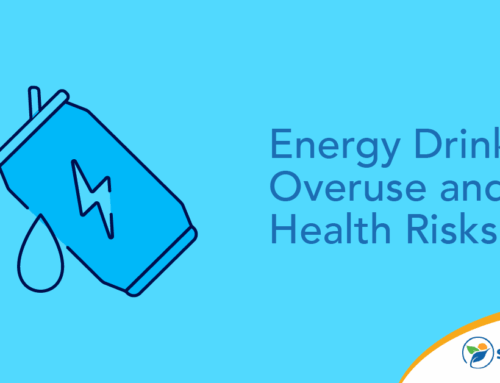Concerta is a brand name of a stimulant used for the treatment of attention deficit hyperactivity disorder (ADHD). When taken according to doctor’s orders, the risk of developing an addiction to Concerta is low. However, addiction is very likely if the drug is taken in high doses or taken via snorting or injection. When abused, Concerta is said to offer a high very similar to cocaine. Overcoming Concerta addiction is difficult and often requires an inpatient detox program similar to recovering from an amphetamine or cocaine addiction.
Introduction to Concerta
Concerta is a stimulant used to relieve the symptoms of ADHD. The primary active ingredient in Concerta is methylphenidate, the same chemical used in the popular ADHD medicine Ritalin. Methylphenidate was discovered in 1944 and has been in medical use since the 1950s. Today, an estimated 6.4 million people are prescribed stimulants like Concerta each year for the treatment of ADHD.
Concerta works by changing dopamine and norepinephrine neurons in the brain. It stimulates the central nervous system, which actually has a calming effect on hyperactive patients and allows them to focus better and control impulsivity.
When Is Someone Prescribed Concerta?
Concerta is primarily used for the treatment of ADHD and is one of several major brands on the market. In many cases, a patient must work with their doctor to try multiple brands and dosages of ADHD medicines before they find one that works well. According to the National Institutes of Health, “Methylphenidate has become the drug of first choice prescribed by many physicians for the initial treatment of ADHD.”
Concerta is unique in that it’s a slow-release formula taken just once a day, as opposed to the quick-acting formula of Ritalin. Concerta has a different active ingredient than Adderall, which uses amphetamine salts.
This drug is considered safe to use for most patients over 6 years old.
What Does Concerta Look Like?
Concerta is sold in the form of cylindrical pills, coming in a variety of colors (red, gray, yellow and white) depending upon the dosage (18 mg, 27 mg, 36 mg and 54 mg).
On the illegal drug market, Concerta is called a variety of slang names, including “smarties,” “kiddy cocaine, “kibbles and bits” and “skittles.”
As a street drug, the pill may be crushed into a powder and snorted or mixed into a liquid and injected. Crushing the pill eliminates the slow-release nature of the medicine, delivering a faster and more unpredictable effect.
Is Concerta Addictive?
Yes, Concerta changes dopamine and norepinephrine chemicals in the brain, which can be very rewarding for a user. It’s considered a Schedule II drug by the DEA, which means “the drug has a high potential for abuse … and may lead to severe psychological and physical dependence.”
Addiction is highly likely for individuals abusing the drug outside of medical supervision, especially if taken in large doses and consumed via snorting or injection. According to the National Institutes of Health, the high associated with snorting or injecting Concerta is nearly identical to that of cocaine, one of the most addictive drugs in the world.
Patients who are prescribed Concerta by their doctor are at risk of becoming dependent on the drug, especially if dosages are increased over time as the body develops a tolerance. Qualified medical doctors can take steps to limit the risk of dependency and addiction.
What Are the Dangers of Concerta Abuse?
Long-term or severe abuse of Concerta can have serious health consequences, and the addiction pathology closely resembles that of amphetamines and cocaine.
The greatest danger in the long-term abuse of Concerta is the development of a mental health condition called stimulant psychosis, which may transition into full-blown schizophrenia. Symptoms of this condition include:
- Hallucinations
- Delusions
- Paranoia
- Mania
- Erratic behavior
- Agitation and/or aggression
It’s certainly possible to fatally overdose on too much Concerta, considering street doses are often 4-16 times higher than maximum recommended clinical doses. Other serious side effects of Concerta abuse include:
- Heart attack and stroke
- Liver, kidney and stomach damage
- Seizures
- Cognitive problems
- Development of tics
- Depression
Signs of Abuse
Family members may notice signs of Concerta abuse based on emotional changes in the user. As the addiction becomes more severe, the user will become increasingly restless, agitated and irritable. Eventually there will be physical changes, such as rapid heartbeat and convulsions.
Loved ones should also keep an eye out for suspicious behavior that may indicate someone is abusing Concerta, such as:
- Trying to obtain the drug without a prescription or medical need
- Crushing the pills before taking
- Taking doses higher than prescribed
- Feeling an uncontrollable urge to take the drug
- Having withdrawal symptoms when the drug isn’t taken
What Is the Treatment for Concerta Addiction?
Overcoming Concerta addiction will likely require intense professional treatment similar to that used for amphetamines and cocaine addictions.
The first step will be a medically supervised detox program where the patient can experience withdrawal in a safe, supervised environment. Medical staff may also be able to administer drugs and treatments to reduce the severity of withdrawal symptoms. The most common withdrawal symptoms of Concerta addiction include:
- Anxiety or panic attacks
- Irregular heartbeat
- Nausea
- Headaches
- Fatigue
After detox, the next step will be to begin treatment for any underlying mental health issues that may be encouraging drug abuse. Recovering from drug abuse will require a long-term commitment to continued psychological care.
Overcome Concerta Addiction With Sunlight Recovery
If you or a loved one is suffering from the devastating effects of Concerta addiction, expert help is available. The counselors and medical staff at Sunlight Recovery are available 24/7 to help you start the journey to long-term mental and physical wellness. Contact us now to learn more about our addiction recovery programs.


